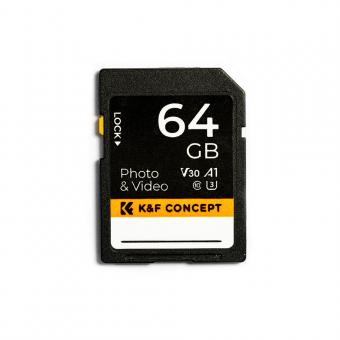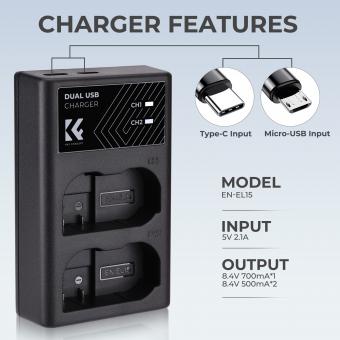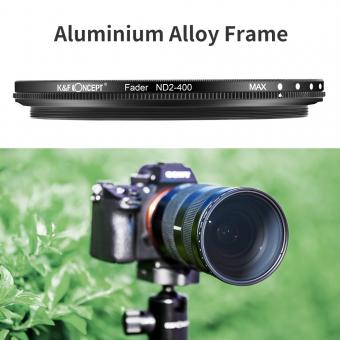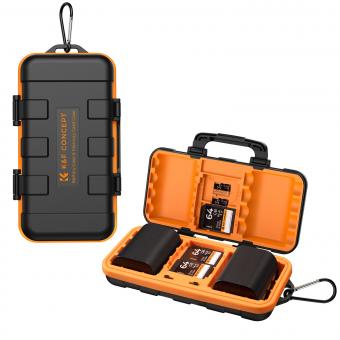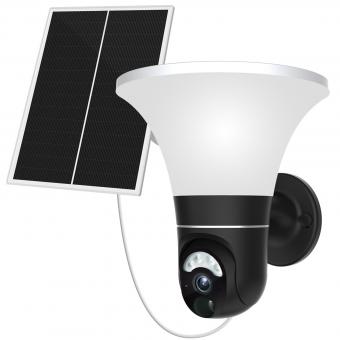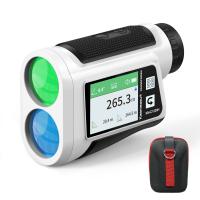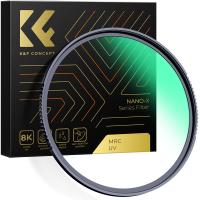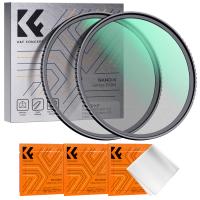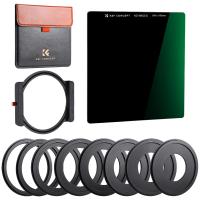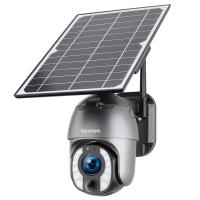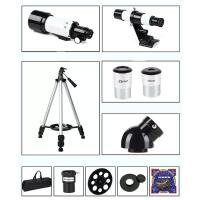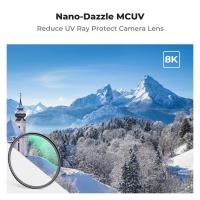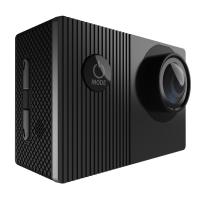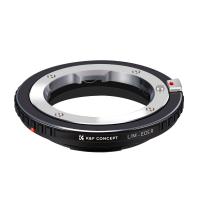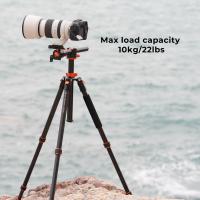How Long To Charge A Camera Battery ?
The time it takes to charge a camera battery can vary depending on the specific camera model and the type of battery being used. Generally, it can take anywhere from 1 to 4 hours to fully charge a camera battery. It is recommended to refer to the camera's user manual for specific charging instructions and estimated charging times.
1、 Battery capacity and technology
The time it takes to charge a camera battery can vary depending on several factors, including the battery capacity and the technology used in the battery.
Battery capacity refers to the amount of energy a battery can store. Generally, the higher the capacity, the longer it will take to charge. For example, a battery with a capacity of 1000mAh will charge faster than a battery with a capacity of 2000mAh.
The technology used in the battery also plays a significant role in charging time. Traditional camera batteries are often lithium-ion (Li-ion) or lithium-polymer (LiPo) batteries. These batteries typically take a few hours to fully charge. However, advancements in battery technology have led to the development of faster-charging options. For instance, some newer cameras now use USB-C charging, which can significantly reduce charging time.
It's important to note that the charging time can also be influenced by the charger itself. Using a charger with a higher output power can speed up the charging process. Additionally, some cameras offer fast-charging capabilities, allowing the battery to charge at a faster rate when using a compatible charger.
In recent years, there have been advancements in battery technology that aim to reduce charging time even further. For example, some companies are working on developing batteries with higher energy densities, allowing for faster charging without compromising battery life. Additionally, fast-charging technologies such as Qualcomm's Quick Charge and USB Power Delivery (USB-PD) are becoming more prevalent in the camera industry, enabling faster and more efficient charging.
In conclusion, the time it takes to charge a camera battery depends on various factors, including battery capacity, technology, charger output power, and any fast-charging capabilities. As technology continues to advance, we can expect to see further improvements in charging times for camera batteries.

2、 Charging method and voltage
The time it takes to charge a camera battery can vary depending on several factors, including the charging method and voltage used.
The charging method plays a significant role in determining the charging time. Most camera batteries can be charged using either a dedicated battery charger or by connecting the camera to a power source using a USB cable. Dedicated battery chargers are generally faster and more efficient than charging through the camera itself. They are designed to provide the optimal charging conditions for the specific battery, ensuring a quicker and more reliable charge. On the other hand, charging through the camera's USB port may take longer as the power output is typically lower.
The voltage used during charging also affects the charging time. Higher voltage chargers can deliver more power to the battery, resulting in faster charging times. However, it is crucial to use the correct voltage specified by the camera manufacturer to avoid damaging the battery or the camera itself.
It is important to note that the latest advancements in battery technology have led to the development of faster charging options. Some camera batteries now support fast charging, which can significantly reduce the charging time. Fast charging technology allows for a higher current flow, enabling the battery to charge at a much faster rate. However, it is essential to ensure that the camera and battery are compatible with fast charging before using this method.
In conclusion, the time it takes to charge a camera battery depends on the charging method and voltage used. Using a dedicated battery charger and the correct voltage specified by the manufacturer will generally result in faster charging times. Additionally, the latest advancements in battery technology, such as fast charging, can further reduce the charging time.
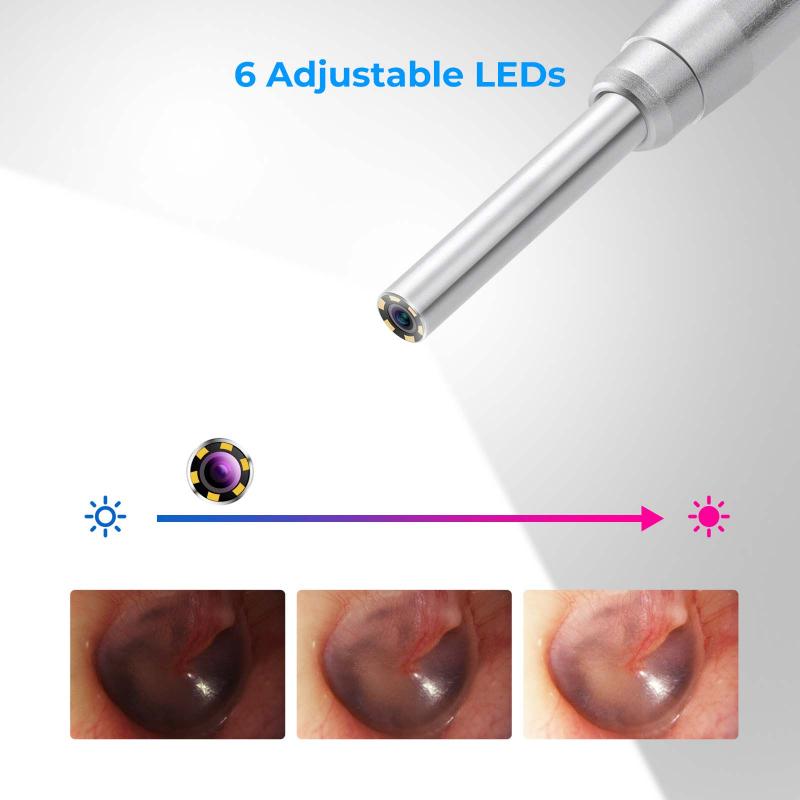
3、 Battery condition and age
The time it takes to charge a camera battery can vary depending on several factors, including the battery condition and age.
Battery condition plays a significant role in determining the charging time. If the battery is in good condition and holds a charge well, it will typically take less time to charge. On the other hand, if the battery is old or has been heavily used, it may take longer to charge as its capacity to hold a charge diminishes over time. In such cases, it is recommended to replace the battery with a new one to ensure optimal performance.
The age of the battery also affects the charging time. As batteries age, their charging efficiency decreases, resulting in longer charging times. This is because the internal chemical reactions that occur during charging and discharging gradually degrade the battery's capacity. Therefore, older batteries may require more time to charge fully.
It is important to note that advancements in battery technology have led to the development of faster charging methods. For instance, some cameras now support fast charging, which significantly reduces the charging time. These fast charging technologies utilize higher voltage or current to charge the battery more quickly. However, it is crucial to use the appropriate charger and follow the manufacturer's guidelines to avoid damaging the battery or the camera.
In conclusion, the time it takes to charge a camera battery depends on various factors, including battery condition and age. While newer batteries and fast charging technologies can reduce charging times, older or heavily used batteries may require more time to charge. It is always recommended to use a charger specifically designed for the camera battery and follow the manufacturer's instructions for optimal charging performance.
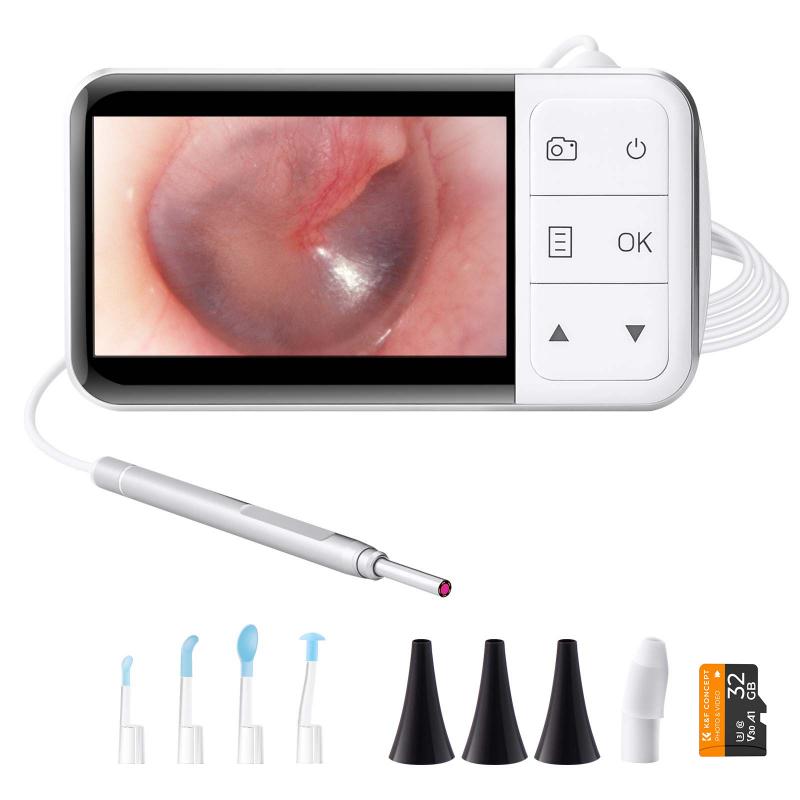
4、 Charging time and current
The charging time of a camera battery can vary depending on several factors such as the battery capacity, the charger used, and the current battery level. In general, it can take anywhere from one to four hours to fully charge a camera battery.
The charging time is primarily determined by the battery capacity. Higher capacity batteries will take longer to charge compared to lower capacity ones. For example, a battery with a capacity of 1000mAh may take around one to two hours to charge, while a battery with a capacity of 2000mAh may take around two to four hours.
The charger used also plays a role in the charging time. Some chargers are designed to charge batteries at a faster rate, while others may have a slower charging speed. It is important to use the charger that is specifically designed for your camera battery to ensure optimal charging performance.
Additionally, the current battery level can affect the charging time. If the battery is completely drained, it may take longer to charge compared to a battery that still has some charge remaining. It is generally recommended to charge the battery when it reaches around 20-30% capacity to ensure efficient charging.
It is worth noting that advancements in battery technology and charging methods have led to faster charging times in recent years. Some cameras now come with fast-charging capabilities, allowing the battery to be charged in a shorter amount of time. However, it is important to follow the manufacturer's guidelines and recommendations for charging to ensure the longevity and safety of the battery.
In conclusion, the charging time of a camera battery can range from one to four hours, depending on factors such as battery capacity, charger used, and current battery level. It is always advisable to refer to the manufacturer's instructions for the specific charging time and current requirements of your camera battery.




